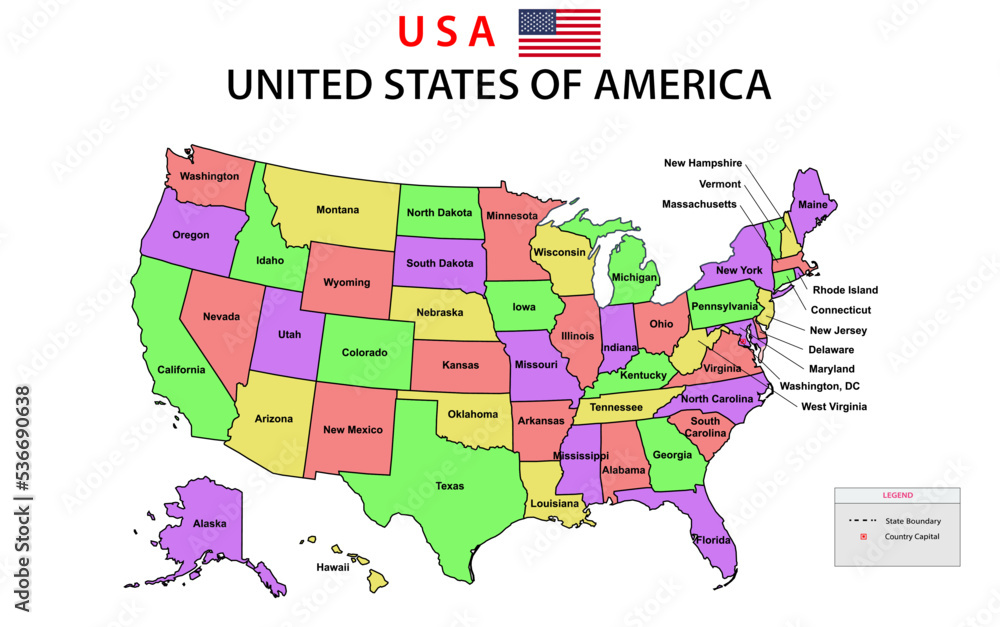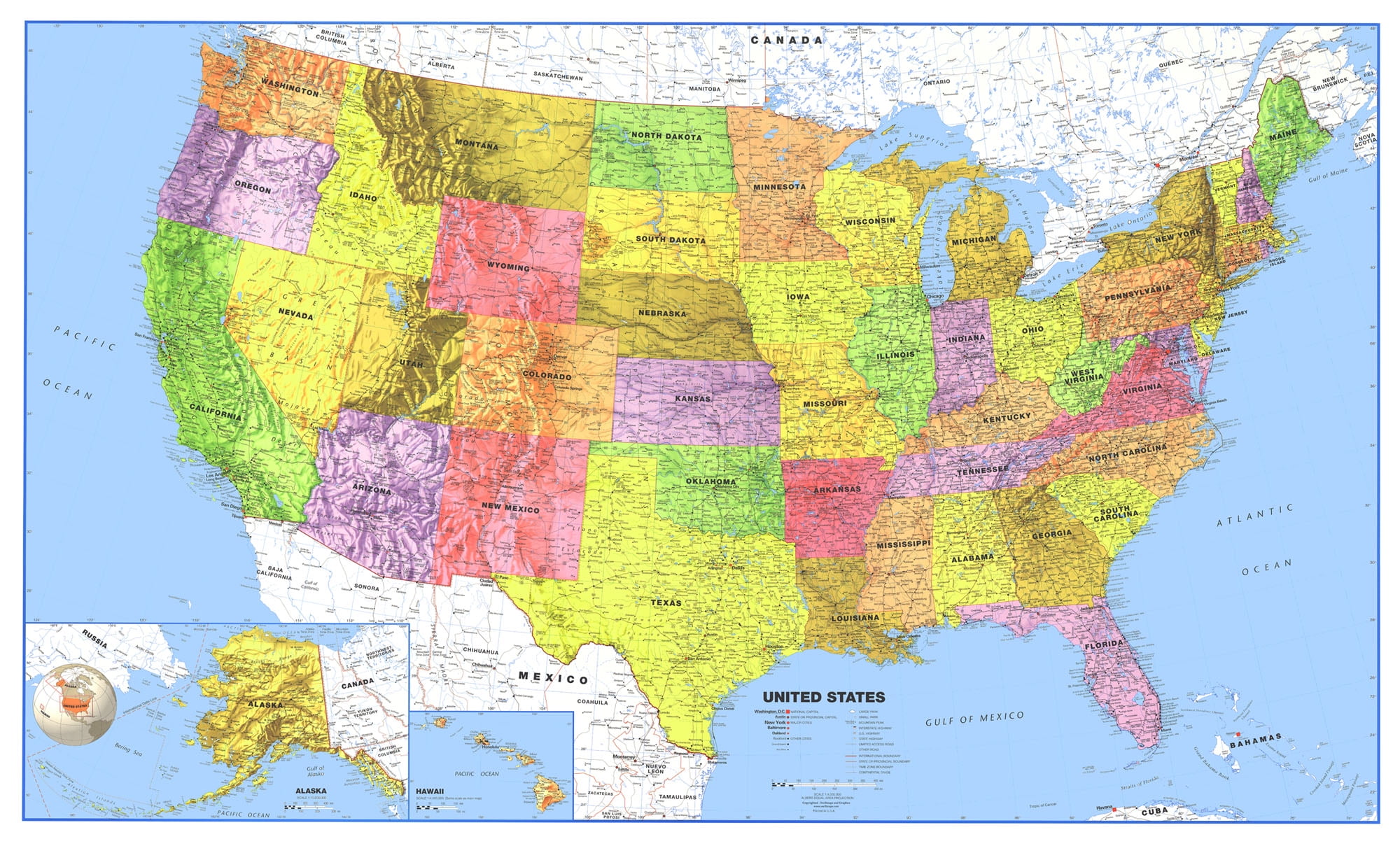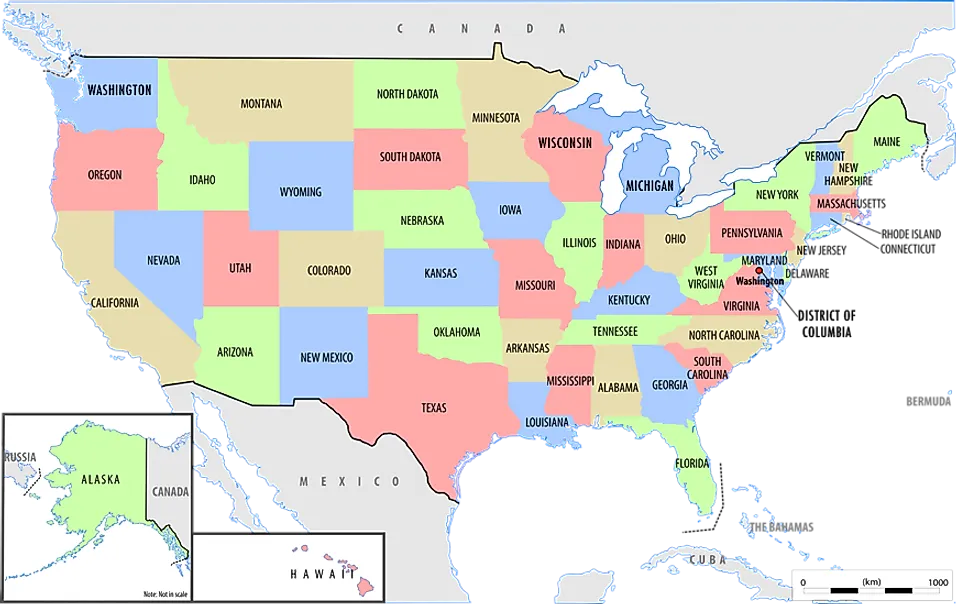Is The US Going To War With Iran? Unpacking The Tensions
Table of Contents
- The Escalating Tensions: What's Happening Between Iran and Israel?
- The US Stance: Weighing Intervention in the Middle East
- Potential Scenarios: How Might an American Attack Play Out?
- Iran's Response: What Tehran's Actions and Intentions Reveal
- The Nuclear Question: A Persistent Flashpoint
- Regional Implications: The Broader Middle East Landscape
- Expert Perspectives: Navigating the Unpredictable
- Public and Political Pressure: The Domestic Dimension
The Escalating Tensions: What's Happening Between Iran and Israel?
The immediate catalyst for the renewed focus on whether **is the US going to war with Iran** stems directly from the intense and unprecedented conflict between Iran and Israel. The conflict has continued for several days, with the two Middle East nations having launched an air war over Israel's attack on Iranian nuclear and other strategic sites. This direct exchange, moving beyond proxy warfare, marks a significant and dangerous escalation in regional dynamics. Israel's widespread air strikes on Iran prompted a swift and measured, yet impactful, retaliation from Tehran. This tit-for-tat dynamic has put the entire region on edge. Notably, just days after Israel launched these strikes, then-President Donald Trump not only endorsed Israel’s attack but was reportedly considering joining it to target Iran’s nuclear facilities. This explicit consideration of direct US involvement immediately amplified concerns about a wider war. The stakes are incredibly high, as any miscalculation could easily spiral out of control, pulling in more regional and international actors.The US Stance: Weighing Intervention in the Middle East
The United States finds itself in a precarious position, weighing the option of heading back into a war in the Middle East. Under President Donald Trump, the U.S. has taken a hardline stance against Iran, instituting a "maximum pressure campaign" against Tehran over its nuclear program and other regional activities. This policy has been characterized by stringent sanctions and a readiness to confront Iranian influence. Currently, scrutiny is mounting over a potential U.S. military involvement. After initially denying involvement in Israel's first strikes on strategic sites across Iran, the U.S. has adopted a tougher tone. President Donald Trump has been hinting, suggesting even, that the United States might get directly involved in the ongoing conflict between Israel and Iran. The White House hasn’t ruled out direct U.S. military involvement in Israel’s war with Tehran, worrying lawmakers across the political spectrum. This ambiguity, coupled with past rhetoric, keeps the question of **is the US going to war with Iran** very much alive.Congressional Efforts to Curb Presidential War Powers
Amidst the heightened tensions and the administration's tough talk, there's a concerted effort within the U.S. Congress to prevent an unauthorized war. A U.S. Senator, Democratic lawmaker Tim Kaine, introduced a bill to curb Trump’s power to go to war with Iran. This measure comes as foreign policy hawks call on the U.S. to join Israel in attacking Iran. The legislative push highlights the deep divisions within Washington regarding the appropriate response to Iranian actions and the desire to ensure that any decision to engage in military conflict is made with proper congressional oversight, reflecting a constitutional check on executive power.Potential Scenarios: How Might an American Attack Play Out?
If the United States bombs an underground uranium enrichment facility in Iran or kills the country’s supreme leader, it could kick off a more dangerous and unpredictable phase in the war. Experts have long pondered how an American attack on Iran might play out, with various scenarios ranging from limited strikes to full-scale invasion. The consensus among many analysts is that any direct military action by the U.S. would likely trigger a significant and multifaceted response from Tehran. Let’s say that Iran does attack the United States, prompting U.S. retaliation, or that Washington decides to get directly involved to prevent an Iranian nuclear breakout. Iran has readied missiles and equipment for strikes on U.S. bases in the region if the U.S. joins Israel's war efforts against Iran, according to a senior U.S. official. This readiness underscores the immediate and severe risks to American personnel and assets in the Middle East, highlighting the potential for rapid escalation. The image of soldiers marching during a military parade to mark Iran's annual Army Day in Tehran on April 18, 2025 (Atta Kenare/AP Photo) serves as a stark reminder of Iran's military capabilities and its resolve.The Cost of Intervention: Why the US Has Historically Avoided War with Iran
There is a reason that the United States has not gone to war with Iran before. The overwhelming consensus of military and intelligence officials and experts has been that doing so would be a disaster. The potential human and economic costs of such a conflict are immense, far outweighing any perceived short-term gains. The logistical challenges of a prolonged conflict in a complex geopolitical landscape, coupled with the likelihood of Iranian asymmetric warfare tactics, present a daunting prospect. The possibility of direct U.S. suffering is much greater than what Iran may suffer. While life is going on normally in Iran, a U.S. military intervention would undoubtedly lead to significant casualties, financial drain, and a potential quagmire, similar to past engagements in the Middle East. This stark assessment serves as a powerful deterrent, even for those advocating a tougher stance against Tehran. The strategic implications, including regional destabilization and a potential global economic shock, further complicate the decision-making process for any administration considering to go to war against Iran.Iran's Response: What Tehran's Actions and Intentions Reveal
Iran's actions and communications during this period of heightened tension offer crucial insights into its strategic calculus. An Arab diplomat said the Iranians have communicated to the U.S. that they will be willing to discuss a ceasefire and resume nuclear talks after they conclude their retaliation and after Israel stops its strikes. This indicates a potential pathway for de-escalation, suggesting that Iran's retaliatory actions might be finite and aimed at achieving a specific deterrence rather than an open-ended conflict. However, Iran may choose not to attack actors other than Israel, in order to keep them out of the war. This selective targeting strategy would be a deliberate attempt to limit the scope of the conflict and prevent the direct involvement of the United States or other major powers. Despite the tough talk from both sides, there appears to be a calculated effort by Iran to manage escalation. President Trump's statement, "Iran is not winning this war they should talk immediately before it is too late," also suggests a US desire for negotiation, albeit from a position of perceived strength.The Nuclear Question: A Persistent Flashpoint
At the heart of the long-standing tensions between the United States and Iran lies Tehran's nuclear program. Israel's attack on Iranian nuclear facilities underscores the profound regional and international anxieties surrounding Iran's nuclear ambitions. Washington's decision to get directly involved could be triggered by a need to prevent an Iranian nuclear breakout, a scenario that both the US and its allies consider unacceptable. President Donald Trump has repeatedly emphasized, "Not going to let that happen," referring to Iran acquiring nuclear weapons. The "maximum pressure campaign" instituted by U.S. President Donald Trump against Tehran was largely centered on coercing Iran to abandon its nuclear program and cease its regional destabilizing activities. The fear is that if diplomatic efforts fail and Iran continues to advance its nuclear capabilities, the option of military intervention to dismantle or degrade those capabilities might become more palatable, pushing the world closer to the question of **is the US going to war with Iran**. The risk of such a strike, as noted by experts, is that it could kick off a "more dangerous and unpredictable phase in the war," potentially leading to widespread retaliation and a spiraling conflict.Regional Implications: The Broader Middle East Landscape
The ongoing conflict between Israel and Iran, and the potential for US involvement, carries immense regional implications. Israel, a close U.S. ally, relies heavily on its missile defense systems, which require consistent resupplies. Some assessments project Israel can maintain its missile defense for 10 or 12 more days if Iran maintains a steady rate of attacks, without resupplies from the United States or greater involvement by U.S. forces. This dependency highlights the interconnectedness of regional security and the critical role the US plays in maintaining the balance of power. A direct confrontation between the US and Iran would undoubtedly destabilize the entire Middle East, potentially drawing in other regional powers and non-state actors. The complex web of alliances, rivalries, and proxy conflicts means that a direct US-Iran war could ignite multiple fronts, from the Persian Gulf to Lebanon and Yemen. The humanitarian cost would be catastrophic, and the economic fallout, particularly concerning global oil supplies, would be felt worldwide. The prospect of such widespread chaos underscores the urgent need for de-escalation and diplomatic solutions.Expert Perspectives: Navigating the Unpredictable
When considering the question of **is the US going to war with Iran**, it's vital to consult the insights of those who have dedicated their careers to studying the region and military strategy. We hear from "8 experts on what happens if the United States bombs Iran," and their perspectives often converge on a cautious outlook. The overwhelming consensus of military and intelligence officials and experts has been that doing so would be a disaster. This isn't merely a political statement but a strategic assessment based on the complexities of Iranian geography, military capabilities, and the resilience of its regime. These experts often point to the unpredictable nature of escalation. A limited strike intended to send a message could easily be misinterpreted or provoke an disproportionate response, leading to an uncontrolled spiral. The "more dangerous and unpredictable phase" that could be triggered by a significant U.S. attack, such as bombing an underground facility or targeting leadership, is a recurring concern. They emphasize that while the U.S. possesses overwhelming military superiority, the cost of "winning" such a war, in terms of lives, resources, and regional stability, would be astronomically high.The Diplomatic Path: A Glimmer of Hope?
Despite the bellicose rhetoric and military posturing, there remains a glimmer of hope for a diplomatic resolution. The communication from an Arab diplomat indicating that "the Iranians have communicated to the U.S. that they will be willing to discuss a ceasefire and resume nuclear talks after they conclude their retaliation and after Israel stops its strikes" is a significant development. This suggests that Iran, while committed to its retaliatory actions, may not be seeking an open-ended war and is open to negotiation once certain conditions are met. This potential willingness to talk offers a crucial off-ramp from the path to war. It suggests that both sides, despite their public pronouncements, may recognize the catastrophic consequences of a full-blown conflict. Diplomatic channels, even indirect ones, become paramount in such high-stakes situations. The international community, including key European powers and regional mediators, will play a vital role in facilitating these discussions and pushing for de-escalation. The challenge lies in building trust and finding common ground amidst deeply entrenched animosities.Public and Political Pressure: The Domestic Dimension
The decision to go to war is never made in a vacuum, and domestic political and public pressure plays a significant role. Lawmakers are worrying about direct U.S. military involvement in Israel’s war with Tehran. This concern is bipartisan, reflecting a weariness with protracted conflicts in the Middle East and a desire to avoid another costly engagement without a clear strategy or end goal. The bill introduced by Democratic lawmaker Tim Kaine to curb presidential war powers is a direct manifestation of this congressional anxiety.The "Maximum Pressure" Campaign's Legacy
The legacy of the "maximum pressure campaign" instituted by U.S. President Donald Trump against Tehran over its nuclear program and other activities continues to shape the current dynamics. While intended to force Iran to capitulate, critics argue that it has instead hardened Iran's resolve and pushed it closer to nuclear breakout capabilities. This policy has undoubtedly contributed to the high tensions running between the United States and Iran. The current administration, while perhaps seeking a different approach, inherits a landscape profoundly shaped by these past policies, making the path forward incredibly challenging. The mounting scrutiny over a potential U.S. intervention reflects a public and political desire to avoid repeating past mistakes and to ensure that any military action is truly a last resort, thoroughly debated and justified.Conclusion
The question of **is the US going to war with Iran** remains a potent and deeply concerning one. The confluence of escalating tensions between Iran and Israel, the explicit consideration of direct U.S. military involvement, and the historical animosity between Washington and Tehran paints a volatile picture. While the immediate risk of an all-out war is high, there are significant deterrents, including the overwhelming consensus among experts that such a conflict would be a disaster, and Iran's own signaling of a willingness to engage in ceasefire and nuclear talks after its retaliatory actions conclude. The path forward is fraught with peril, demanding cautious diplomacy, strategic restraint, and clear communication from all parties involved. The potential for miscalculation is ever-present, and the consequences of a full-scale conflict would be catastrophic for the region and potentially the global economy. As the world watches, the delicate balance between deterrence and de-escalation will determine whether the United States and Iran can navigate away from the brink of war. What are your thoughts on the current tensions? Do you believe a diplomatic solution is still possible, or is military confrontation inevitable? Share your perspectives in the comments below, and consider sharing this article to foster further discussion on this critical global issue.
USA Map. Political map of the United States of America. US Map with

United States Map Maps | Images and Photos finder

Mapas de Estados Unidos - Atlas del Mundo